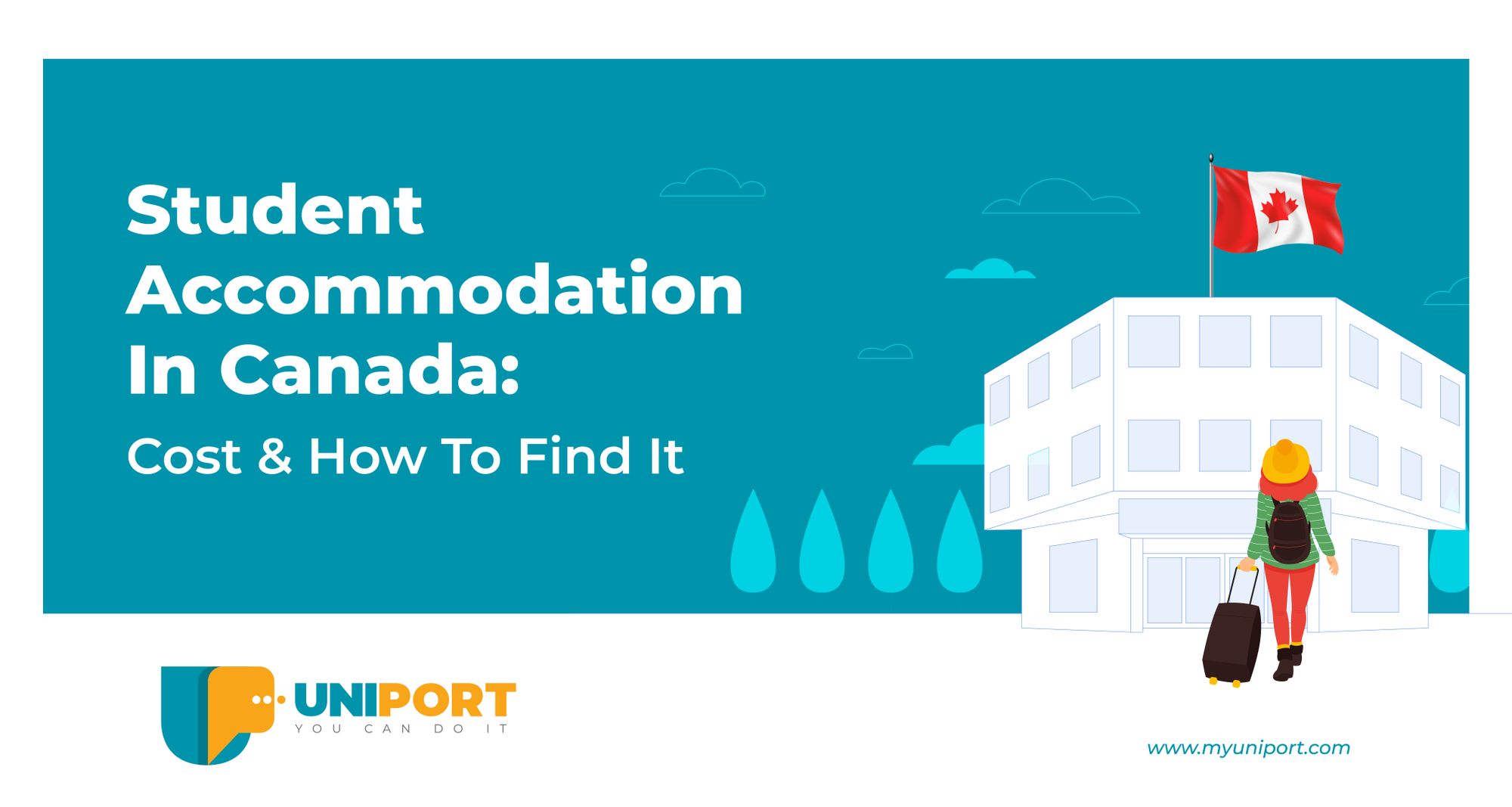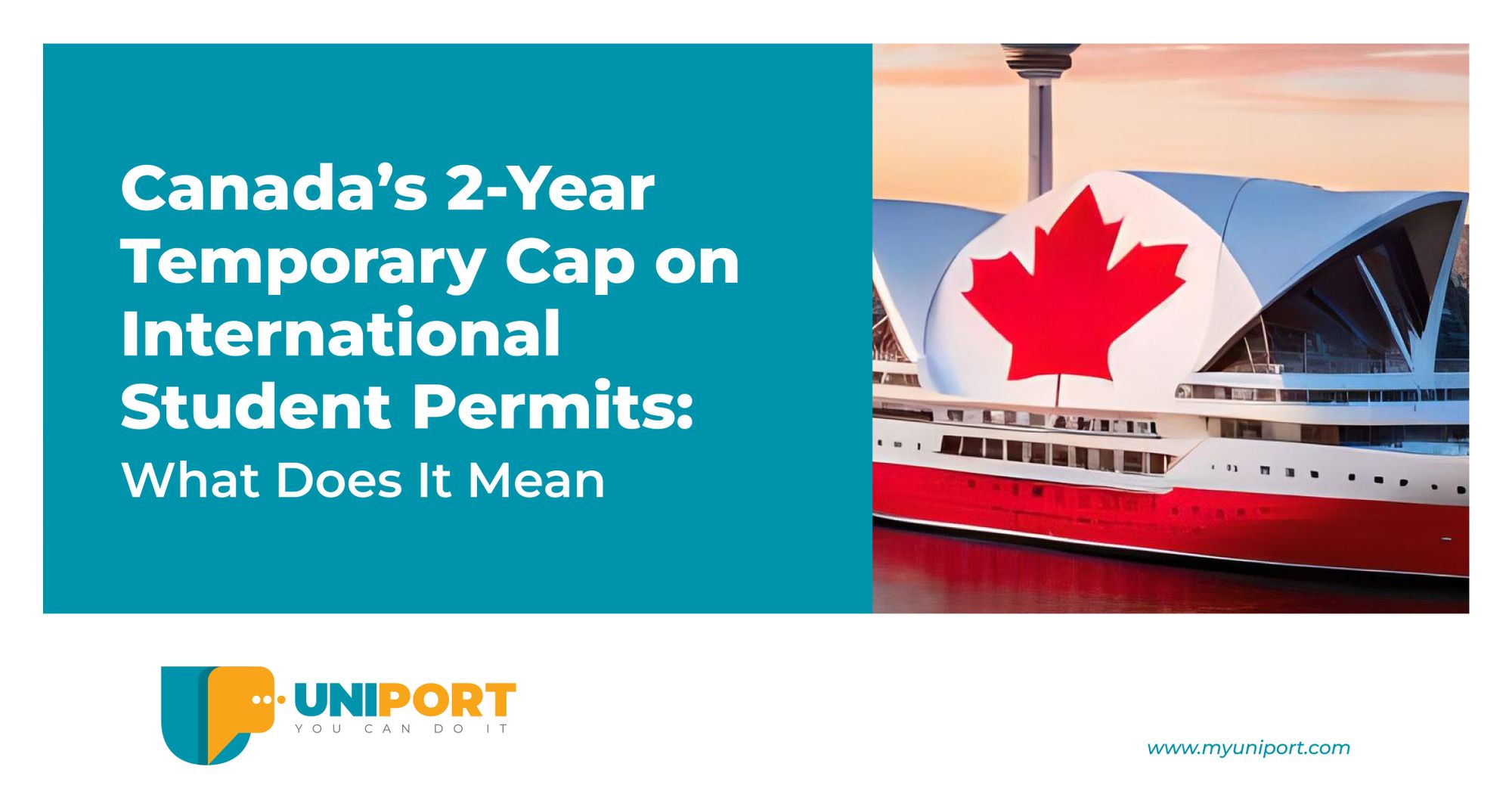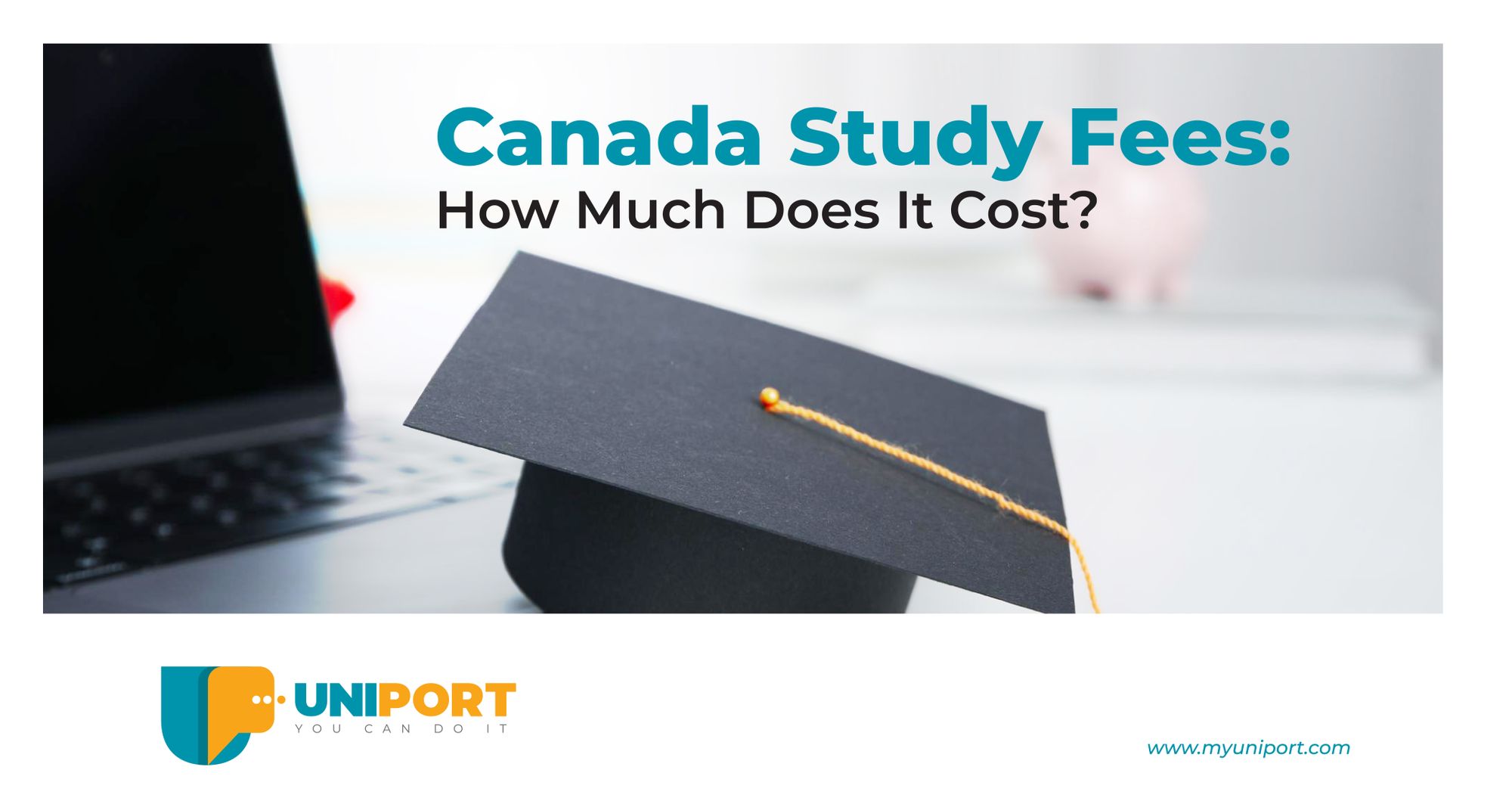Canada’s 2-Year Temporary Cap on International Student Permits: What Does It Mean?
In recent news, Canada’s Minister of Immigration, Refugees and Citizenship, Marc Miller, announced a temporary two-year intake cap on international students which is approximately 360,000 undergraduate study permits.
Hence, it will create a decrease in study permits 35% lower than that in last year. Additionally, this new update also includes individual provincial and territorial caps as per the respective population therefore, some of the provinces might also see about a 50% drop in the study permits.
When Does This Rule Apply?
"It's unacceptable that some private institutions have taken advantage of international students by operating under-resourced campuses, lacking support for students and charging high tuition fees all the while significantly increasing their intake of international students."
- Marc Miller, Minister of Immigration, Refugees and Citizenship
This particular rule has been kept in order starting now which is only created to target institutional “bad actors”. Meaning to say, it is in place to make sure that international students are not exploited by the "degree-granting institutions that are giving fake business degrees" (quoted by Marc Miller) by charging high fees and not providing the services required.
Some institutions have taken way more international students simply as a means to generate revenue hence, this rule will help to support sustainable population growth in Canada.
How Will This New Rule Impact International Students?
"To be absolutely clear, these measures are not against individual international students. They are to ensure that as future students arrive in Canada, they receive the quality of education that they signed up for and the hope that they were provided in their home countries."
- Marc Miller, Minister of Immigration, Refugees and Citizenship
This temporary measure will not impact any study renewal or current study permit holders. Furthermore, international students applying for Master’s and doctoral degrees will have no effect.
During the duration, the students applying to public-private colleges (private colleges associated with the licence of operation for public curriculum) will not be eligible for a post-graduation work permit.
On the other hand, a Master’s graduate will be able to apply for a three-year work permit. Likewise, spouses of Master’s or doctoral degrees will also be able to apply for open work permits.


